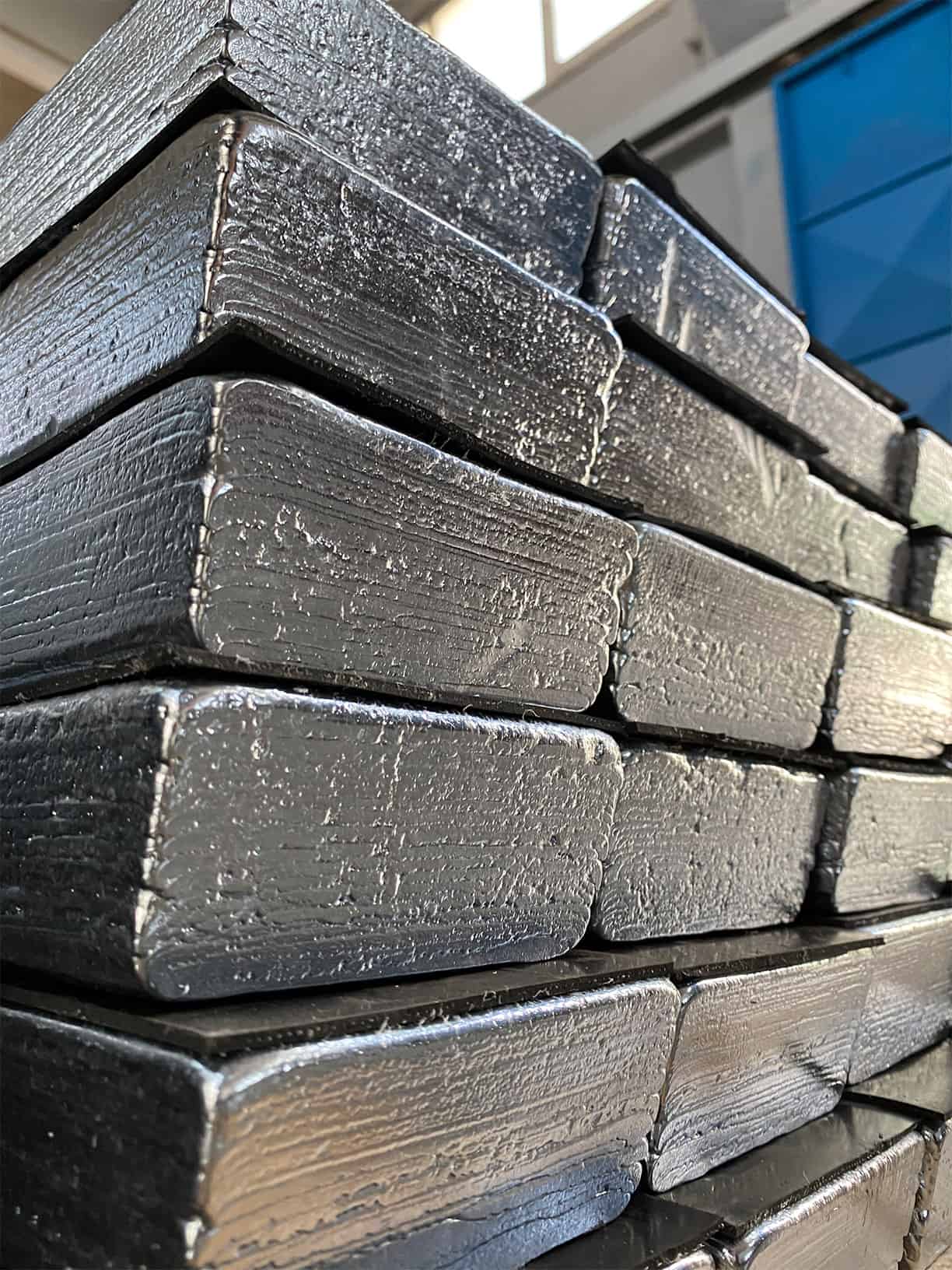
All rights reserved –
Privacy Policy –
Terms of Use

 Primary Metals are metals produced by direct smelting of ore.
Primary Metals are metals produced by direct smelting of ore.
Specifically, Non-ferrous primary metals such as aluminum, or zinc are important for the EU’s manufacturing industries, sustainability, and economic growth. They are irreplaceable for many products in the automotive, aerospace, mechanical engineering, corrosion protection, and construction sectors. Their unique thermal, electrical, and isolating characteristics coupled with endless recyclability and low weight make them indispensable to achieving the EU’s energy and resource efficiency goals.
Regarding Corrosion Protection, the most important factor to make an anode effective is to avoid some metals that reduce the performance of the alloy, such as Ferrous, Copper, Chromium, Lead, or Nickel. Actually, some of the above, cause passivation on the outer side of the anode with unwanted results.
Last but not least, Primary metals are the only way to control your alloy and to keep it stable and exactly the same in every Production Lot.
Using Secondary metals (metals produced by remelting scrap from other /unknown industries) you will never know what to expect from a Chemical Composition.
Additionally, most industries (typography, aluminum cans, etc.) use cheap recycled alloys, so they don’t take advantage of the unique characteristics of primary metals, mentioned above and as impurities are too high, they pass into the second-hand alloys.
From our experience, many times customers complain that they bought a low-quality- no-brand product and didn’t work. We always ask from them to give us a sample in order to test it on our certified ARL 3460 spectrometer. The results of the impurities are as expected.
As we always use to say, if you don’t see corrosion results on an anode, check the Hull of your vessel. One of these 2 must be sacrificed.
Electrolysis never stops!
Vassilis Petrakis
Production Engineer – Technical / Sales Advisor – Cathodic Protection, Katradis SA